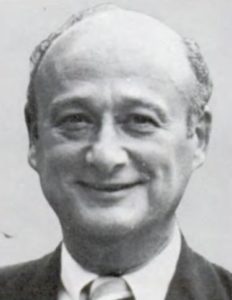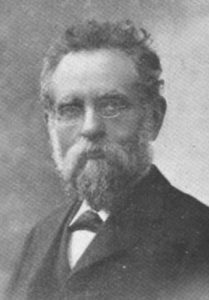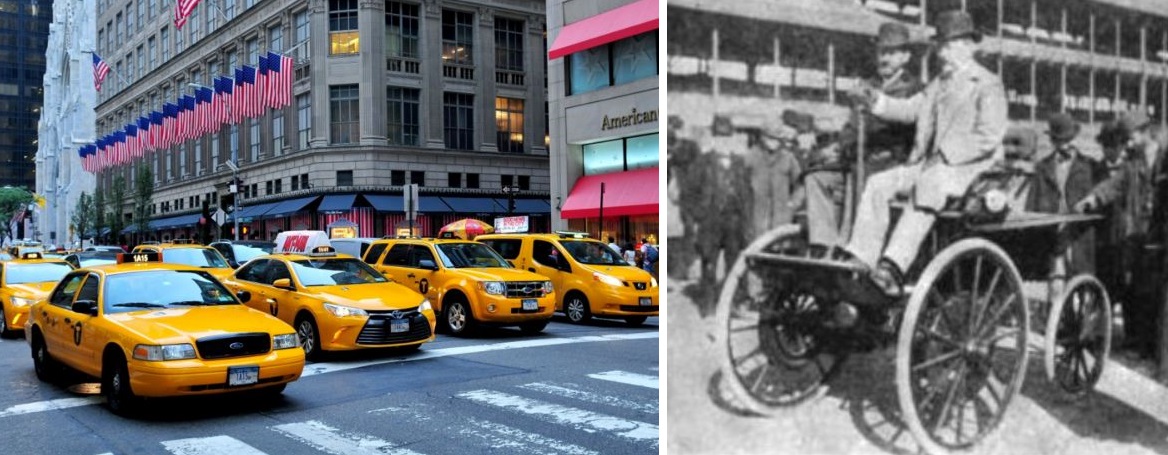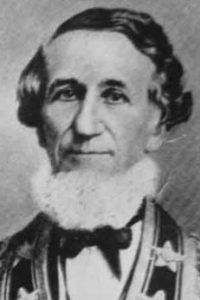The Man Who Made New York Great Again

Ed Koch
Edward Irving Koch (1924-2013) was born to poor Polish-Jewish immigrants in The Bronx. He was drafted to the US Army in 1943 and sent to Europe as an infantryman, earning three medals of distinction. Because he could speak German, he remained in Europe after the war to help dismantle the Nazi government. Returning to New York, Koch studied at City College, then got his law degree from NYU. He worked as a lawyer for the next two decades, and during that time became an influential member of the Democratic Party. In 1967 he was appointed to the New York City Council, and two years later was elected to the US House of Representatives. Though he was originally “just a plan liberal”, he soon became a “liberal with sanity” (in his own words), realizing that at times liberal ideology was illogical and harms the very people it aims to help. He was renowned for his human rights efforts, as well as for combating communism and dictatorships. This drew the ire of various foreign governments (including Uruguay and Chile, who unsuccessfully plotted to assassinate him). Koch served in Congress until 1977, resigning only to take the post of New York City’s mayor under a platform of restoring “law and order”. He fulfilled his campaign promises, among them hiring 3500 new police officers to make New York safer. He ended the riots, and saved New York from its deep economic crisis. Koch was a beloved mayor, easily winning re-election in 1981 with 75% of the vote, and again in 1985 with 78% of the vote. When Chabad wanted to put up a public menorah for Chanukah, he readily agreed, and made sure it would be “the world’s largest”. In fact, he paved the way for other cities to do the same. (Amazingly, a lighting ceremony in Manhattan one Friday afternoon went behind schedule, so Koch summoned a helicopter to transport the rabbi back home to Brooklyn in time for Shabbat!) Despite a stroke in 1987, Koch recovered and continued faithfully serving his city. A year later, he took a strong stand against Jesse Jackson’s run for president (citing Jackson’s anti-Semitic comments). This lost him the support of most black voters, and Koch narrowly missed re-election in 1989. He returned to practicing law, and also became a professor at NYU. He spent more time writing, publishing a children’s book and contributing to a number of newspapers. Back in 1984 he had already published a memoir, Mayor, which became a bestseller and was later turned into a hit Broadway musical. Koch was a big movie buff, and his film reviews became legendary. Koch himself appeared in over 60 films and TV shows. He continued lecturing and going on speaking tours, often in support of human rights, and always in support of Israel. New York’s Queensboro Bridge was renamed after him, and there is a street named after him in Tel-Aviv, too. Koch’s funeral was attended by thousands, with the NYPD doing a fly-over, and eulogies by Bill Clinton and Michael Bloomberg. He asked his tombstone to simply state the Shema, along with the final words of journalist Daniel Pearl, who was kidnapped and brutally murdered by terrorists: “My father is Jewish, my mother is Jewish, I am Jewish.”
Where in the Torah is Chanukah?
Words of the Week
A small hole in the body is a big hole in the soul.
– Rabbi Dov Ber, the Maggid of Mezeritch (1704-1772)

American-Israeli astronaut Jessica Meir tweets her Chanukah wishes from the International Space Station, with a photo of her Chanukah socks.



 Abraham Jonas (1801-1864) was born in England to a religious Jewish family. He moved with his brothers to Cincinnati in 1819, and they were the first Jewish family to journey west to the new frontier beyond the Allegheny Mountains. They were also the founders of the first synagogue in Ohio, Congregation B’nai Israel. Jonas married Lucy Seixas, the daughter of
Abraham Jonas (1801-1864) was born in England to a religious Jewish family. He moved with his brothers to Cincinnati in 1819, and they were the first Jewish family to journey west to the new frontier beyond the Allegheny Mountains. They were also the founders of the first synagogue in Ohio, Congregation B’nai Israel. Jonas married Lucy Seixas, the daughter of